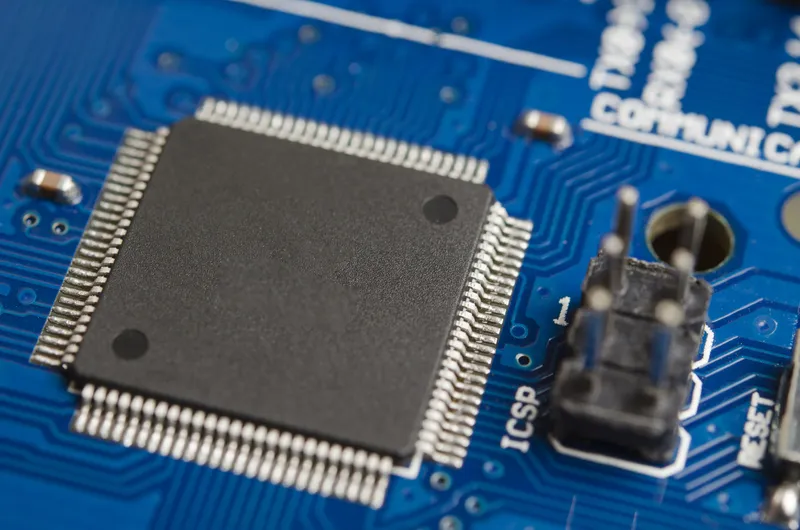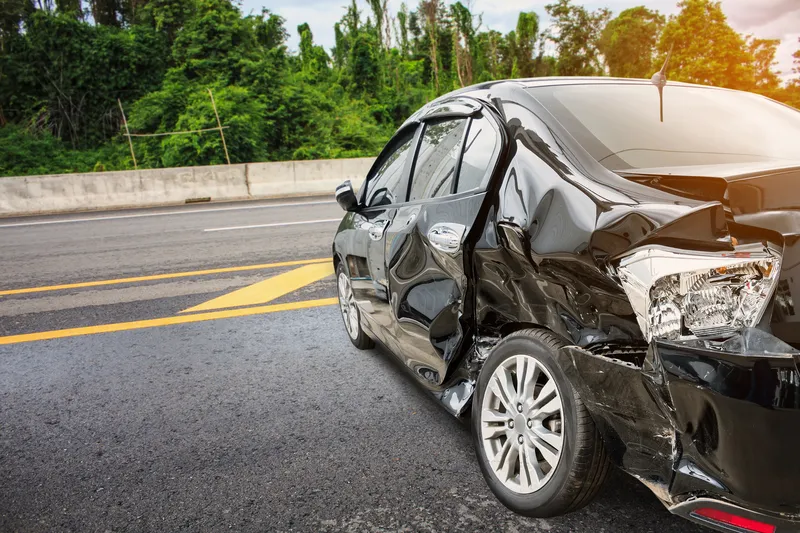
National Highways is to use a virtual twin of the UK road network and intelligent road materials that can repair themselves as part of a digital strategy.
National Highways says under its former name Highways England that combining live data from “intelligent materials” in the existing road surface with a digital twining system that visualises the road and its condition will identify when maintenance work is needed.
According to the government agency, this will reduce the need for time consuming and costly on-site inspections, prevent unnecessary delays to drivers and reduce the emissions generated by roadworks.
It is developing the system through an £8.6 million Engineering and Physical Sciences Research Council grant and the £6m EU Cofund Future Roads Fellowships programme.
Highways England hosts this programme alongside Costain and the University of Cambridge to offer fellowships recruitment rounds focused on sustainability solutions for the road infrastructure industry.
Dr Ioannis Brilakis, University of Cambridge principal investigator of these grants, says it is “high time” the transportation infrastructure sector embraces “digital transformation”.
“We should strive to replace drawings and static 3D models with dynamic and data-rich digital twins, pdf documents with databases, file exchange with cloud permissions exchange, passive materials with smart materials able to sense and heal themselves and automate all manual routine maintenance,” Brilakis continues.
“All this is possible on a data science foundation, able to generate rich, data-driven insights to help us make better decisions.”
A supporting document on the new strategy by National Highways says digital roads will harness data, technology and connectivity to improve the way the strategic road network (SRN) is designed, built, operated and used.
Digital Roads Safer construction and operations - Faster delivery - Better customer experience maps out a set of ambition for 2025, which include increasing the use of offsite fabrication and modular construction to reduce carbon emissions and shorten road closures.
The agency also wants to ensure workers have access to accurate and consistent information, enabling them to do their work more efficiently and safely.
A separate target seeks to provide customers with close to real-time journey information through the preferred digital channels, allowing them to react to potential hazards in advance.
To deliver these ambitions, National Highways is now using a rapid engineering model to increase the speed, quality and safety of road design.
It is also setting out to provide colleagues at its regional operations control centre with access to network information through a single platform as well as carrying out multiple connected and autonomous vehicle trials on the SRN.
The 2025 ambitions will aid the development of a vision for 2050 in which National Highways wants to use connected services and autonomous vehicles to enable smoother flowing traffic while also utilising a digital twin to simulate its assets.









